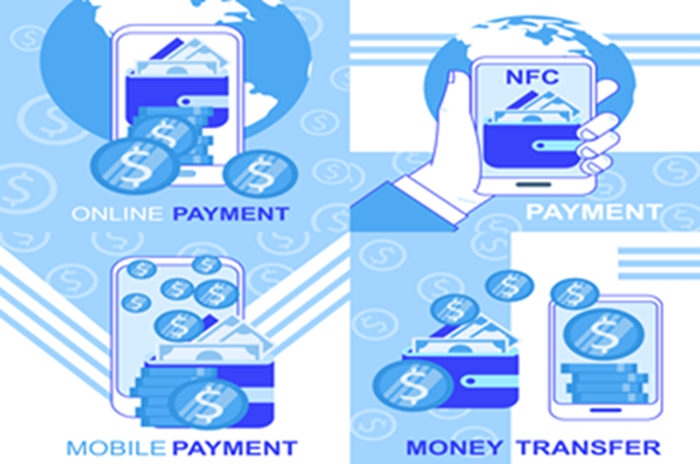
In a significant move towards modernizing India’s banking system, the Reserve Bank of India (RBI) announced major updates during its Monetary Policy Committee meeting on August 8, 2024. These changes aim to enhance transaction efficiency and further promote digital payments in the country.
Faster Cheque Clearance in a Few Hours
One of the most impactful updates is the reduction in cheque clearance time. Traditionally, cheque clearance could take two to three working days, often causing delays in fund availability. However, the RBI has now revamped the Cheque Truncation System (CTS) to enable continuous clearing with "on-realisation-settlement." This means that cheques will be scanned and processed continuously throughout the business day, reducing the clearance time to just a few hours. This is a major step forward in improving liquidity and speeding up financial transactions, benefiting both individuals and businesses by ensuring quicker access to funds.
Increased UPI Transaction Limits
In addition to faster cheque processing, the RBI has also increased the transaction limit for Unified Payments Interface (UPI) payments, particularly for tax-related transactions. The limit has been raised from ₹1 lakh to ₹5 lakh per transaction. This change is aimed at facilitating higher-value transactions through digital means, supporting India’s transition towards a cashless economy. The increased limit is especially significant for taxpayers, allowing them to make large payments seamlessly via UPI.
A Step Towards Modernization
These updates reflect the RBI’s ongoing commitment to enhancing the efficiency and reliability of India’s financial systems. By reducing cheque clearance times and increasing UPI transaction limits, the RBI is addressing long-standing challenges in the banking sector while fostering greater adoption of digital payments.
These changes are poised to have a profound impact on how businesses and individuals manage their finances, making transactions faster, more reliable, and more aligned with the needs of a digital-first economy.
For more detailed information, refer to the official statement from the RBI during the August 8, 2024, Monetary Policy Committee meeting.